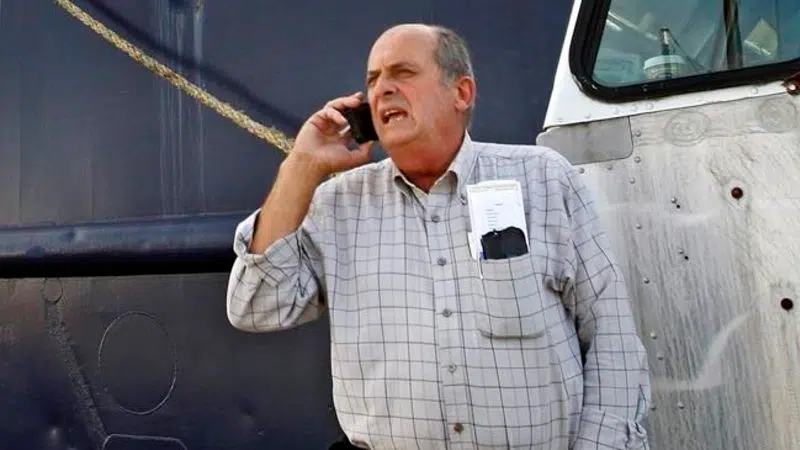
Forced sell-off of ‘Codfather’ assets begins
A father-and-son team from Massachusetts and other buyers are acquiring scallop fishing boats owned by a disgraced fishing magnate nicknamed the Codfather, signalling the beginning of the former mogul’s forced exit from fisheries.
The sale of Carlos Rafael’s 11 scallop boats, and their associated permits, is part of a civil settlement Rafael agreed to with the federal government that will result in his permanent removal from the U.S. fishing industry.
Rafael, once the owner of one of the largest commercial fishing operations in the U.S., was sentenced to nearly four years in prison for dodging quotas and smuggling profits overseas.
Scallopers Charles Quinn and son Michael Quinn are buying seven of Rafael’s scallop boats and selling one of them, their attorney, Andrew Minkiewicz, told The Associated Press. Court documents state the Quinns paid about $46 million for the boats.

